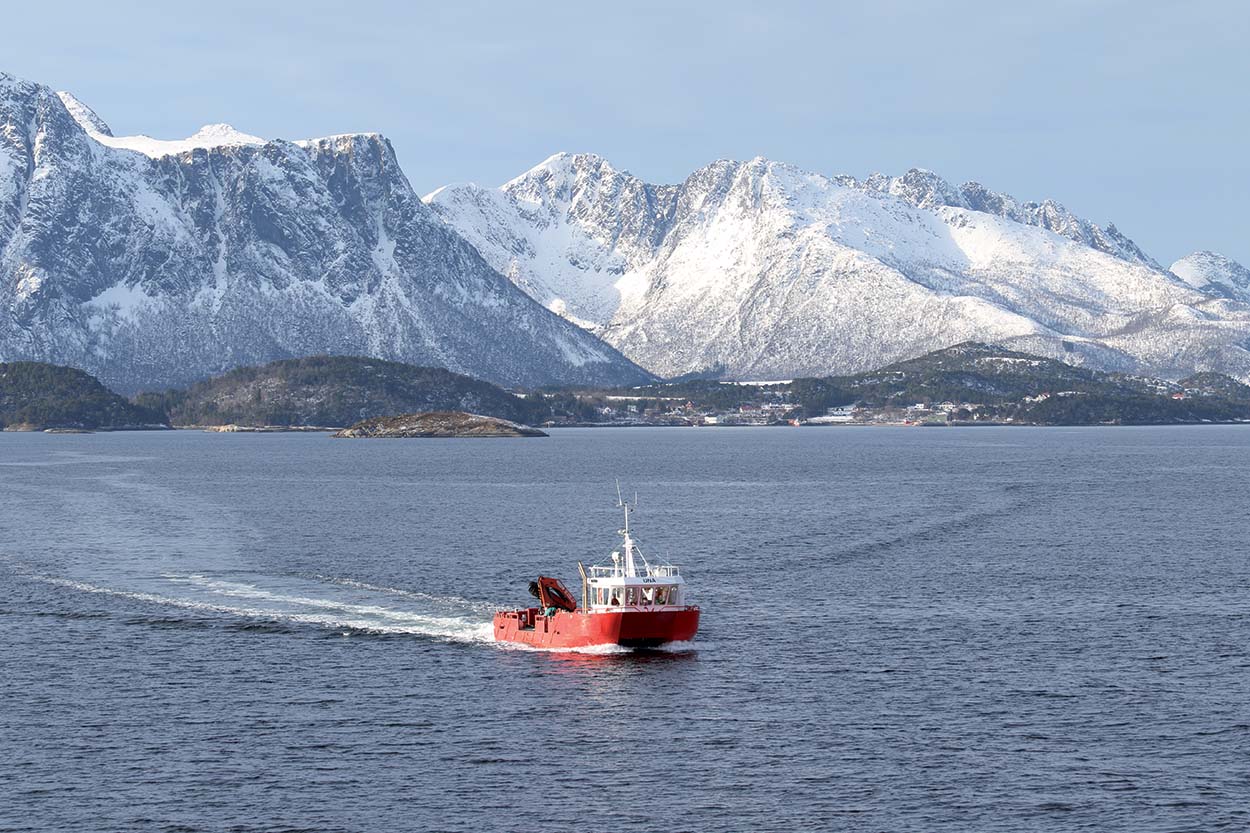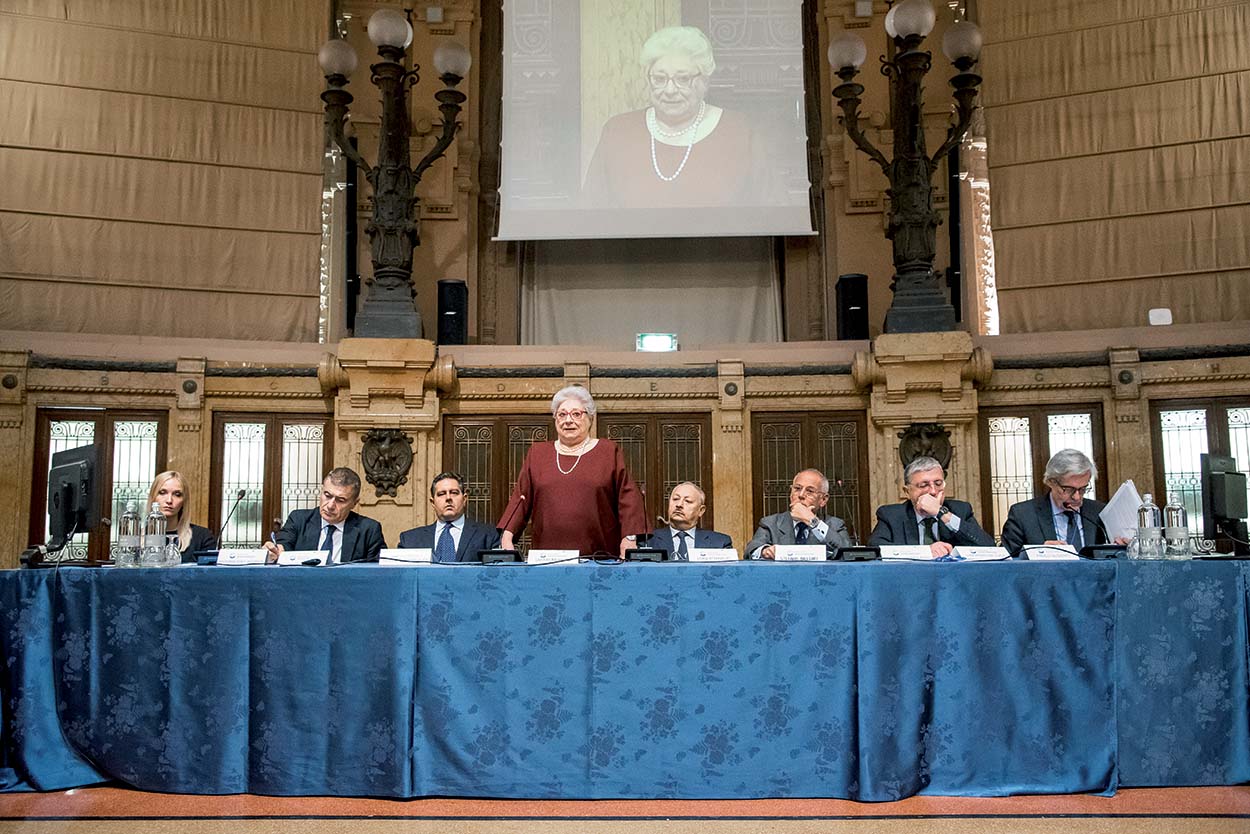
New Arctic, Old Mediterranean: How climate effects fishing
The Milan Center for Food Law and Policy’s second international forum was held in genoa and focused on climate change.
The Milan Center for Food Law and Policy’s second international forum was held in genoa and focused on climate change.
The Milan Center for Food Law and Policy held its Second International Forum on the 13th-14th November last year in Genoa (Italy). It was entitled “Right to Water, New Arctic, Old Mediterranean” .
“We are sending out a very powerful message from here in Genoa about two things of the utmost importance for our planet - so Livia Pomodoro announced, the President of the Milan Centre for Food Law and Policy, a Centre for documentation and study on rules and public policies on nutrition, - the situation is serious, but we still have time to change direction. On one hand we need to follow a path that leads to a kind of adaptation to climate change that is now inevitable, on the other we need to take preventative action. All nations must reduce their carbon dioxide levels in the air and share innovation and technology that can help all those countries facing problems that need dealing with, like, for example, plastic in the oceans or pollution”.
Due to the gradual melting of glaciers in the Great North due to temperatures that are rising at twice the rate of the rest of the planet, a new sea is being created that is virtually the same size as the Mediterranean, full of fossil resources and new geopolitical prospects. New waterways are being opened up, a new marine eco-system is being formed, and invaluable new fishing territories are becoming available.
This New Arctic offers lots of important opportunities but also poses new problems from a scientific, legal and political viewpoint. This new sea needs to be studied, governed and kept safe. All Arctic nations are, therefore, getting ready for a new future in which the New Arctic will be milder, inhabited and highly contested. At the same time, climate change is also transforming the Old Mediterranean: the consequences are mainly negative due to the extreme weather conditions and their impact on the eco-system, the gradual desertification of entire regions and political-economic pressure on the management of “climate migration”.
These two regions share a common interest in terms of laws: the New Arctic is aware of the overpowering impact of economic colonialization, while the Old Mediterranean is familiar with marginalisation, injustice and poverty afflicting entire communities.
ITALY’S DECISIVE ROLE
Italy is not just a platform for a possible new future for the Mediterranean economy and a crucial crossroads for the south of the planet, its enduring presence in the Arctic in the form of exploration, research and investment, now makes it one of the countries most committed to safeguarding rights, cooperation and the further development of a region that will play a crucial role in the global equilibrium.
“Today we are focusing on the Arctic and Mediterranean and on how Italy can be a leading player in the relationship between these two seas so closely connected by the climate change underway - so the Special Envoy for Arctic of the Italian Ministry of Foreign Affairs and International Cooperation, Mr Carmine Robustelli, explained -. We have been operating in the Arctic for many decades through our explorers and active scientific research. The Italian Navy has now presented its own operations through the Navy’s Hydrographic Institute based in Genoa: a widely admired oceanographic campaign that will continue to be implemented next year. Italy also operates in the Arctic through its businesses, attempting to showcase virtuous business models and make the concept of sustainable growth viable”.
Father Joshtrom Isaac Kureethadam, Professor of Philosophy of Science and Director of the Institute of Social and Political Sciences at the Salesian Pontifical University in Rome, passed on Pope Francis’s blessing from the Vatican. The message soon resulted in a reminder of the concept of ‘urgency-alliance’: “Our generation must repair the damage. This is the planet’s final cry for help and the only way to emerge unscathed is to create an alliance between all well-intentioned people. We cannot leave our Home’s fate - this terrestrial-watery globe - in the hands of just a few bullies. This is our Home and we must create a movement united from the bottom up through open and collective dialogue”.
The roundtable’s proceedings were drawn to a close by Caterina La Porta from Università degli Studi in Milan, who illustrated an innovative surveying system designed to combat micro-plastics found in our oceans.
Diana Bracco, the President of the Milan Foundation for Expo 2015, brought the Forum to a close by sending out a message of encouragement to up-and-coming generations.
The Milan Centre for Food Law and Policy is a permanent watchtower and global benchmark for the right to food that was first established on 17th February 2014 through the combined input of EXPO Milano 2015, the Lombardy Regional Council, Milan City Council and Milan Chamber of Commerce. Chaired by Livia Pomodoro - President of the No’hma Theatre and President of the Brera Fine Arts Academy - it became an association on 19th June 2015.










